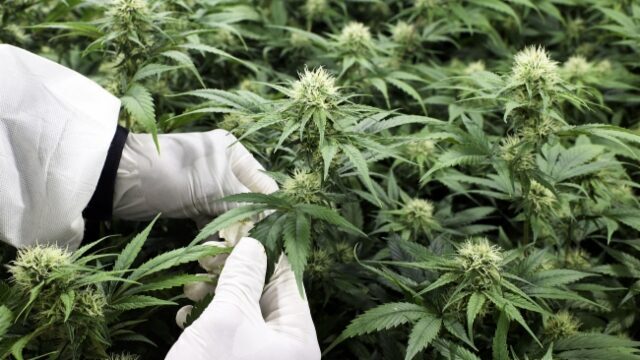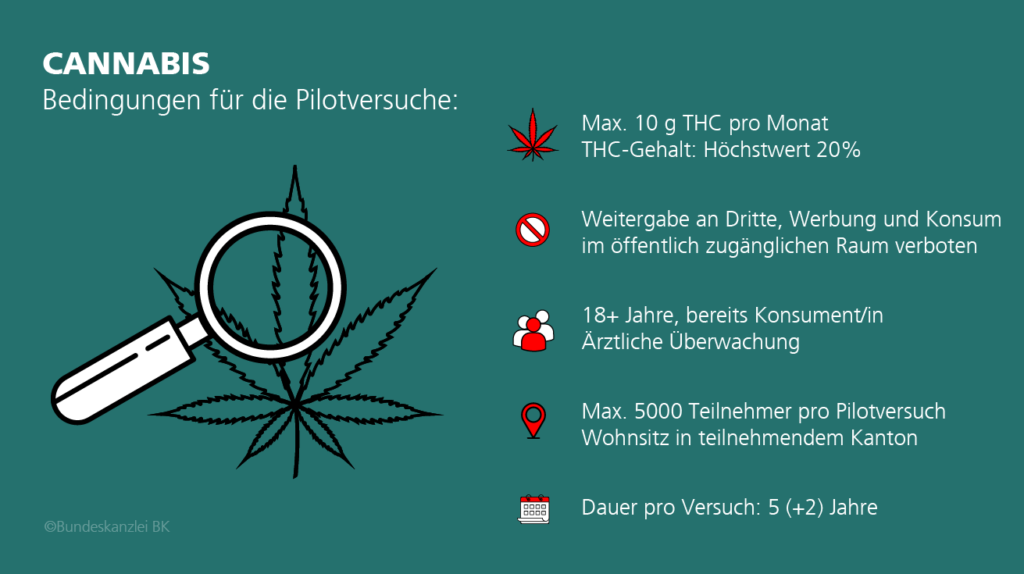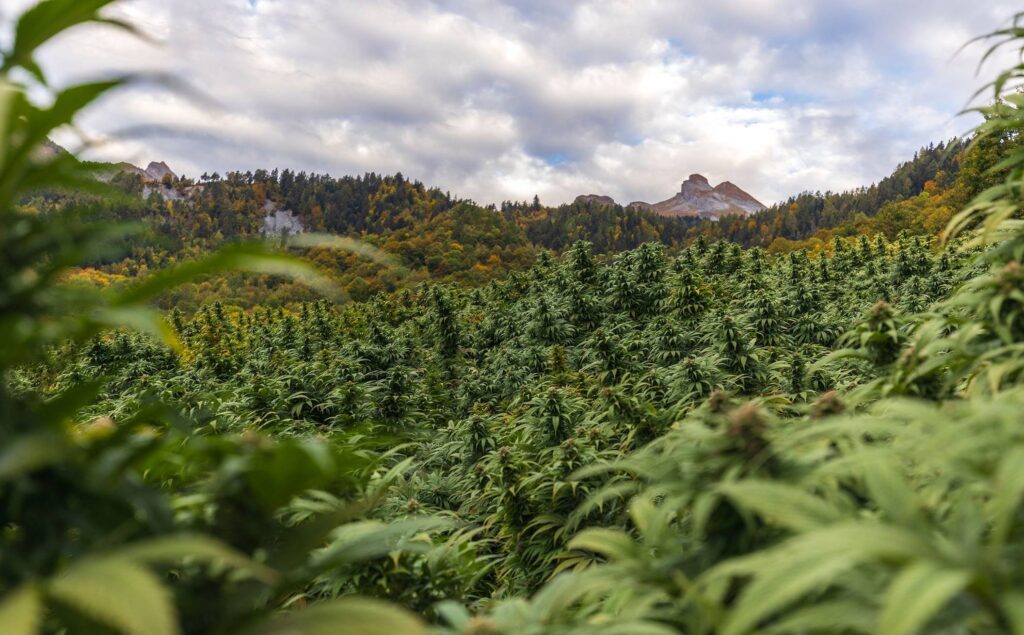
Since the summer of 2021, it has been clear that pilot trials on the legal use & sale of cannabis will be conducted in Switzerland. Despite the widespread interest, which is reflected among other things in a large media response, our patience is being tried. In Basel, the start of the “WeedCare” pilot trial planned for autumn 2022 had to be postponed again, in Bern the canton put on the brakes and the city of Zurich had to wait months for the FOPH. In 2023, however, there is new momentum: where are we now?
What are the pilot tests about? The pilot projects are intended to provide scientific evidence for the discussion on possible cannabis legalization. You can read more about the history of the pilots here and in our latest update on the pilots.

Basel has its nose in front
Actually, the Basel pilot trial “WeedCare” was supposed to start last fall. At the last moment, however, the launch was postponed: Pesticide contamination was detected in the products, which is why the harvest no longer met the required organic guidelines. A farmer had sprayed pesticides on the field next door and the wind carried them to the hemp field as well.
After this messy interlude, the first study participants were finally able to buy their first legal THC cannabis at the end of January 2023. In the summer, the pilot will also start for the second half of the approximately 360 participants. It is not yet clear when the first results of the study will be published, but we eagerly await them.
Zurich finally gets to go too
Compared to Basel, the city of Zurich has set up a huge project: More than 2000 participants are to be able to buy and consume cannabis legally for 3½ years. After a long wait for the authorities, legal THC cannabis is now also being cultivated for Zurich residents so that sales can start in the summer.
The long ways of management
In June 2022, the City of Zurich submitted its study application to the cantonal ethics committee and the FOPH. While the approval of the ethics committee was already available in August, the FOPH was slow to act. The application for the pilot was passed back and forth in the federal office for about 9 months. This delay is justified by the “high complexity” of the request and the large number of submitted study concepts from different cities and regions. The fact that the approval was finally granted shortly after the publication of numerous media articles on the subject is probably not only due to coincidence. Sometimes public pressure suddenly brings speed into the cumbersome processes of the authorities. A good classification of the delays was offered by the association LegalizeIt! already in December: “Still no Cannabis Social Club in 2022: What happened?”
When the permit finally arrived on March 22, everyone immediately got to work. Producers Pure Production and Swiss Extract, for example, plan to harvest the first flowers in July. Sales are then scheduled to start in August, and hash products, which are more complex to process, should also be available from October.
Cannabis Social Club
The Cannabis Social Clubs (CSC) are a welcome feature of the Zurich trial. In association structures, a sales and meeting point supported by the members is to be created, which focuses on social exchange and joint consumption. In countries such as Spain, Belgium, Uruguay or the Netherlands, the CSC model is already widespread. There, however, in addition to the transfer of knowledge, the collective cultivation of one’s own cannabis is also at the center of the clubs. However, the social clubs were not allowed to do this in the Zurich study. In order to achieve the most meaningful results possible, the products should be the same at all dispensing points. Furthermore, the authorities unfortunately believe that the CSC members would not be able to meet the high quality standards of the pilot tests.
The association LegalizeIt! runs the“Hanfstübli“, one of the social clubs in Zurich. The more than 30 years of experience in the Swiss hemp world, at the interface between consumer protection and political engagement makes the association the perfect operator of a CSC.

Where’s the next pilot?
In addition to Basel and Zurich, there are several other pilot trials that are more or less advanced in the planning stage. According to LegalizeIt!, the first pilot in Bern is scheduled to start as early as summer 2023. There, too, the study application is currently pending at the FOPH and the Ethics Committee. For the other cities, very little to nothing is known yet. The same goes for our new stoner capital, Geneva…. (in fact, more cannabis is consumed in Geneva than in Amsterdam 😯)
Pilot test away from the cities
A planned pilot trial does not want to limit itself to the cities: Bergblüten AG has submitted an application for a study involving 2700 people from Valais and 300 participants from Glarus. In order to cater to the extensive catchment area, sales are to be handled via an online pharmacy, among other things.
The required 350 kg of cannabis per year are to be produced in Benken (SG) and in Ticino. As with all THC production facilities, cultivation must meet not only high quality but also safety standards. What could be more lucrative than raiding a field full of THC flowers and selling them on the black market?

Private companies also want to get in on the action
In addition to the previous pilot trials, which all originated in cooperation between university & authorities, there are also private organizations such as the“Swiss Cannabis Center (SCC)” and“Pilot Trial Cannabis Switzerland (PVCS)“, which initiate trials and maintain waiting lists for interested consumers. The SCC is planning for implementation in the cities of Bern, St. Gallen and Zurich, while PVCS wants to offer the THC products via an online store in larger trial areas that have not yet been defined more precisely.




